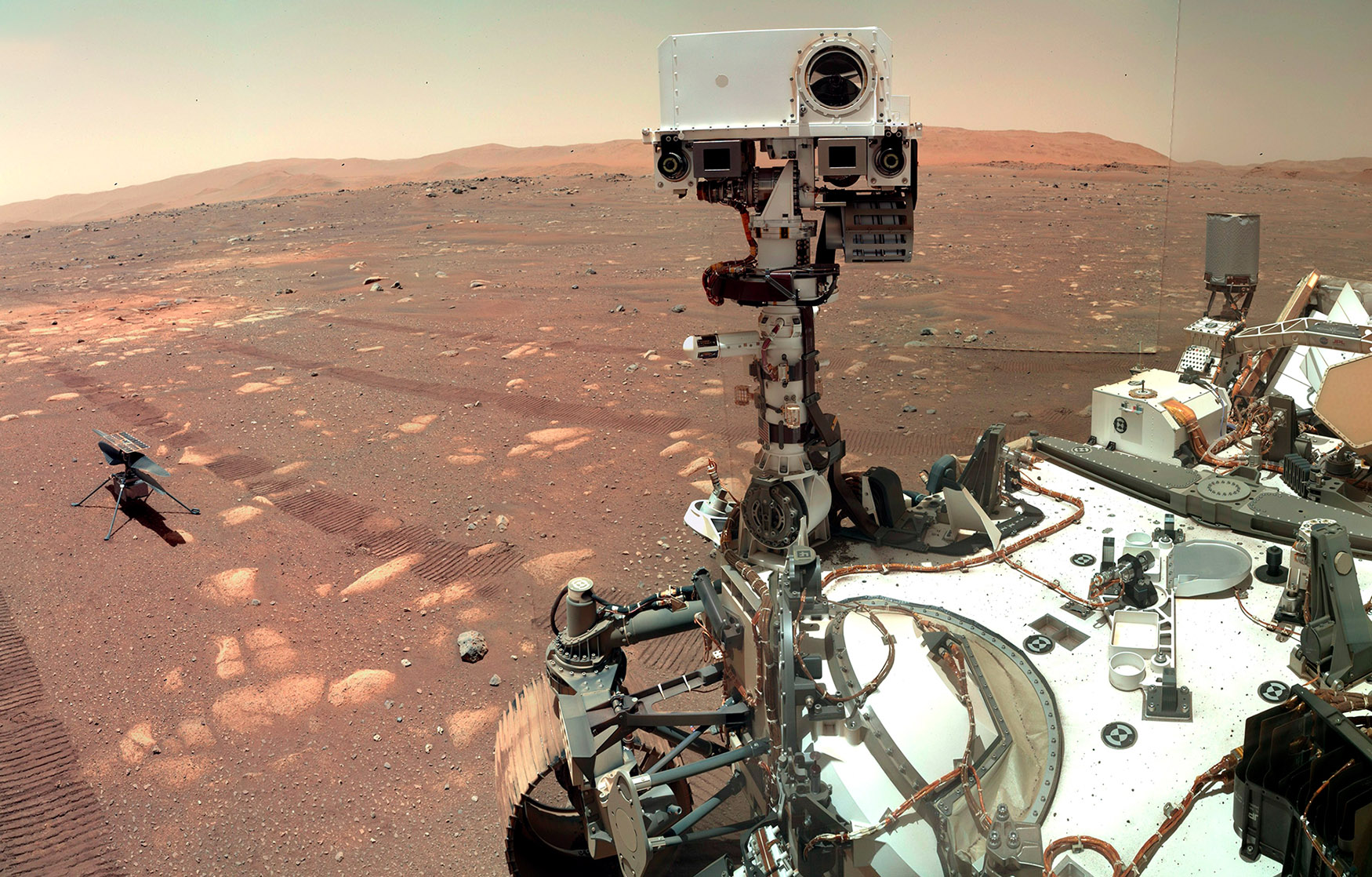Finding evidence of life on Mars has been a goal for astronomers for several years now, with multiple rovers launching to explore the barren fourth planet from the Sun. Now, though, after years of searching for any evidence of the smallest forms of life, new research shows the Martian rovers may not have strong enough sensors to find evidence of Mars life.
According to a new paper published in Nature this month, unknown DNA was discovered in rocks in the Atacama Desert in Chile. This desert is the driest place on Earth and it’s a great stand-in for the kind of environment scientists are dealing with on Mars. As such, the Atacama Desert is a perfect place to test Martian exploratory equipment like that used in the hunt for signs of Mars life.
Armando Azua-Bustos, from the Spanis Astrobiology Centre in Madrid, and his colleageues took samples in the Red Stone region of the Atacama Desert. This region of the desert is known for its red, dusty environment and is full of hematite, which is also prevalent on Mars. That makes it a great place to test equipment used to search for Mars life.

According to Azua-Bustos, the samples they took from the desert were riddled with unknown DNA that couldn’t even be matched to anything humanity currenty knows about. As such, the team has classified it as part of the “dark microbiome.” While the discovery of the DNA itself is exciting, it’s the implications it has that have left some concerned about our current missions for find evidence of life on Mars.
According to the paper that the researchers published, the same samples discovered to hold DNA did not show any signs of that DNA when checked using sensors like those currently equipped to the Martian rovers. As such, the ineffectiveness of those sensors may impede the hunt for Mars life as they aren’t sensitive enough to detect biological life at such a small level.
Of course, that isn’t to say that life on Mars does exist with a guarantee. Still, it does leave many wondering just how much evidence of microbiomes like the ones found in the Atacama Desert could have been missed by Curiosity and Perseverance. Of course, Perseverance does have the Mars Sample Return mission in play, which will allow scientists to study those samples here on Earth with more powerful equipment.
But it also means that humanity may need to rethink how it explores distant planets in the search for life, especially the search for Mars life, which has proved unfruitful thus far.








